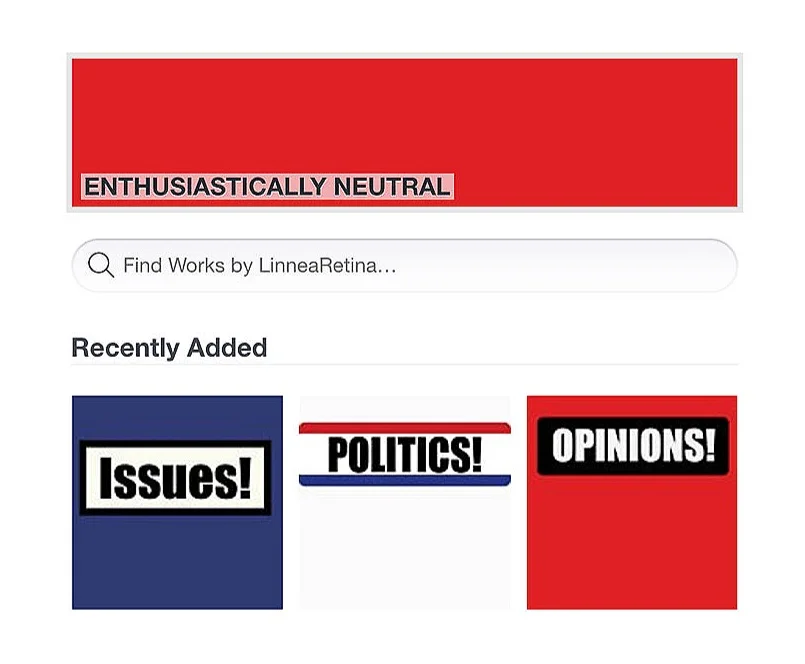(A slightly longer form of this article appeared as a Teaching Tip for Oakton on September 3, 2019 as a form of publicity for my September gamification professional development workshop)
If you've ever used a device, app or program that tracked your progress, awarded you a badge, or ranked you on a leaderboard, you've experienced a form of gamification. Gamification is defined as the application of game concepts to non-game situations. It's used widely in advertising and business to engage customers and employees, and we can use it to draw our students' attention away from their smart phones and back into the classroom.
The good news is that gamifying your course doesn't have to be complicated. You can do it easily through D2L/Brightspace and with a little planning you can gamify face-to-face lectures and discussions as well.
Here are few simple common elements of gamification theory you can start using right away to motivate students and to teach them not only content but also the benefits of good study practices.
1. Rewards/Achievements: What makes Fitbit and Candy Crush so addicting? It's the steady stream of intangible rewards like colorful buttons or banners that read "Great Job!" or "You got this!" that stimulate the pleasure centers of our brains. D2L has an incorporated "Awards" system with a wide variety of pre-made badges you can use. I've listed some YouTube links below that walk you through the steps of using badges. You can award badges for finishing readings or completing assignments; you can even make a "You signed up for the course!" that every student will get when they first sign on. In a face-to-face classroom consider handing out stickers or tokens. The receiving student can then turn those in at the end of class towards extra credit, or toward the overall points of their team? After all, "50 points for Gryffindor!" was very motivating to Harry Potter.
2. No stakes: Most folks play games to relax. We all have students that get overly anxious when it comes to grades. So some of the gamified tasks should not heavily graded or worth only a few points (pedagogically these are called "formative assignments"). An easy way to do this is online is with practice quizzes or tests on D2L. (And wouldn't you rather have students do practice tasks for badges than turn in homework you'd have to manually grade?) There are also multiple outside free sources you can link to (like Quizlet flashcard sets, Google's self-driven Peardeck worksheets or video platforms) that you can track as well.
3. Instant feedback: This is very important. In the same way a puppy learns a new trick, humans learn best if they know immediately whether if they did a task correctly or not. This is easy in face-to-face classes as you can tell students right away if they told you a correct or valid answer in discussion. Online, those hints or answers need to be on those practice quizzes right after the student takes them. Think about how those Facebook quizzes work online... not only does the taker get feedback right away, but they can show off to their friends. You can do the same thing with badges on D2L.
Other gamification concepts to consider include:
Embracing Failure as the road to "Leveling Up" (or as we used to call it: practice)
Multiple chances to gain badges/achievements
Teamwork
Short- and Long-term Goals
Short and Long-term Competition
Student/Player Agency
Visible Progress
...and more
Links for D2L awards and badges videos:
- Brightspace/D2L: How to add a badge to your course https://youtu.be/7PAgujT2tlE
- Brightspace/D2L: How to add a release condition to an award https://youtu.be/JpB_AA5gWdA
- Brightspace/D2L: How to Manually Issue an Award: https://youtu.be/N03VZr6PCs4
Further Reading:
- Schwartz, N. (2019, March 5). Gen Z Takeover: How colleges are using gamification to engage students. Retrieved from https://www.educationdive.com/news/gen-z-takeover-how-colleges-are-using-gamification-to-engage-students/549722/
- Verchot, M. (2015, February 18). Games Help Save Energy. Retrieved from https://www.scientificamerican.com/article/games-help-save-energy/
- Walker, T. Gamification in the Classroom: The Right Way or Wrong Way to Motivate Students? Retrieved from http://www.nea.org/tools/59782.htm

